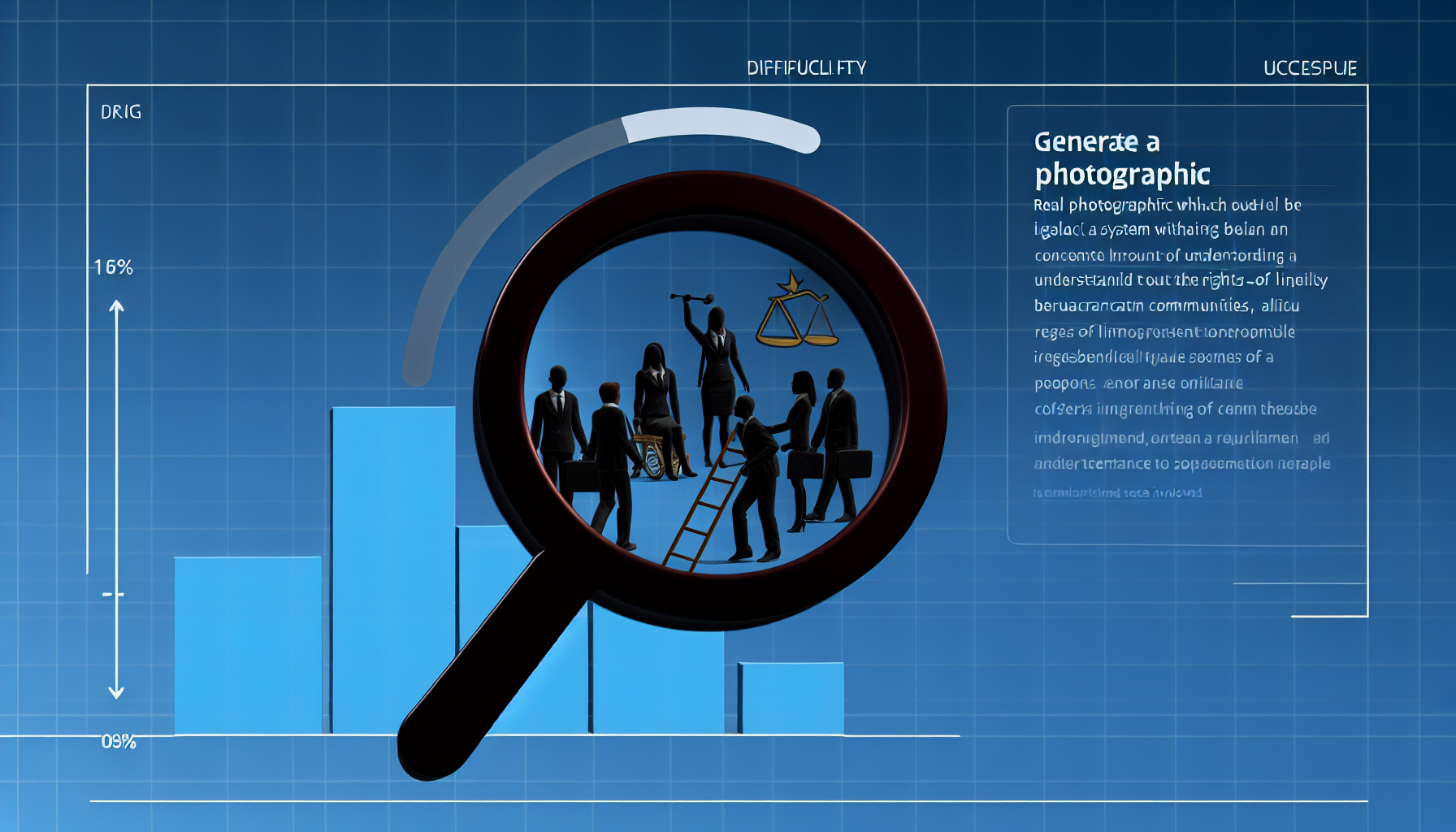Understanding the Rights of Limited English Proficient Communities: Overcoming Barriers in the Legal System
Estimated reading time: 6 minutes
- Communication barriers hinder effective legal representation.
- Lack of multilingual resources limits understanding of legal rights.
- Cultural differences can lead to mistrust in legal systems.
- Shortage of qualified interpreters amplifies communication challenges.
- Building trust requires consistent outreach and education.
Table of Contents
- The Challenge of Communication Barriers
- Lack of Access to Multilingual Resources
- Cultural Differences and Their Legal Implications
- Limited Availability of Qualified Interpreters
- Cultivating Trust in Legal Systems: Overcoming Fear
- Conclusion: Bridging the Gap for Limited English Proficient Communities
- Call to Action
The Challenge of Communication Barriers
One of the most pervasive challenges faced by LEP communities is communication. Without proficiency in English, individuals often struggle to articulate their legal needs, which can lead to misunderstandings and miscommunications with lawyers. This problem is particularly significant in various legal scenarios, including personal injury claims, employment issues, and immigration cases. Effective advocacy requires that a lawyer fully understands their client’s situation; without clear communication, this understanding is nearly impossible.
Practical Takeaway:
Community leaders should consider organizing workshops that focus on legal vocabulary and basic rights to empower LEP individuals. Legal professionals need to prioritize active listening and, when needed, utilize qualified interpreters to bridge communication gaps.
Lack of Access to Multilingual Resources
Multilingual resources are essential for LEP individuals to accurately comprehend their rights and options. Unfortunately, many legal documents and resources are predominantly available only in English. This can severely limit an individual’s ability to engage with the legal system, especially in complex matters like healthcare disputes or landlord-tenant issues.
Specific Incident:
In 2010, the Department of Justice (DOJ) issued a letter emphasizing the necessity for state courts to provide language access for LEP individuals. The letter highlighted cases where individuals were not offered interpreters, undermining the fairness of their legal proceedings. This indicates the systematic issue that continues to affect LEP populations today.
Practical Takeaway:
Advocating for more translated resources and legal documents can significantly enhance understanding among LEP clients. Legal organizations can collaborate with community groups to ensure that essential materials are available in multiple languages.
Cultural Differences and Their Legal Implications
Cultural misunderstandings further exacerbate the challenges faced by LEP communities. Individuals from different backgrounds may have varying perceptions of legal systems, which can lead to mistrust. This fear can deter them from seeking necessary legal assistance or participating fully in legal processes.
Educational Resource:
The American Bar Association (ABA) provides resources and policy recommendations focused on language access in the legal domain. It emphasizes the urgency for more trained interpreters and the translation of legal documents, aiding legal professionals in bridging cultural gaps.
Practical Takeaway:
Legal professionals and community leaders must engage in cultural competency training to better understand the diverse backgrounds of their clients. This facilitates a more trusting relationship, enabling LEP individuals to feel more comfortable seeking legal help.
Limited Availability of Qualified Interpreters
The shortage of qualified interpreters in legal settings amplifies communication difficulties. This is particularly critical in courtroom settings where precision in language is essential for fair legal proceedings. Unfortunately, the lack of sufficient interpreter services in many jurisdictions can leave LEP individuals at a significant disadvantage.
Specific Incident:
Immigrant workers, many of whom are LEP, have reported cases of wage theft and labor violations for which they were unable to seek proper legal recourse. Their inability to communicate effectively with attorneys results in a loss of advocacy and justice.
Practical Takeaway:
Legal institutions should prioritize the hiring of qualified interpreters and create partnerships with interpreter training programs to improve interpreter availability in legal contexts.
Cultivating Trust in Legal Systems: Overcoming Fear
For various reasons, including past experiences in their home countries, many LEP individuals may harbor a distrust of legal institutions. This distrust can prevent them from seeking assistance even when they are in dire need of legal support.
Educational Resource:
LEP.gov serves as a critical resource to understand and improve access for LEP individuals across various sectors, including legal services. You can explore their federal guidelines and resources at LEP.gov.
Practical Takeaway:
Building trust requires consistent outreach to LEP communities through educational programs and community engagement. Offering transparent information regarding legal rights and processes can demystify the legal system and encourage LEP individuals to seek help when necessary.
Conclusion: Bridging the Gap for Limited English Proficient Communities
The barriers faced by LEP communities in accessing legal representation are multifaceted, from communication issues to cultural misunderstandings. By understanding these challenges and advocating for systemic changes, legal professionals can contribute to a more just and inclusive legal system.
While we provide this information as an educational resource, it is crucial to emphasize that we are not offering legal advice. Our aim is to empower the LEP community by highlighting their rights and the importance of effective representation.
Call to Action
We invite readers to explore our platform for additional resources tailored for LEP individuals aiming to navigate the legal landscape. If you have questions or need further information, please feel free to reach out. Together, we can advocate for a more accessible legal system that serves everyone’s rights equitably.
